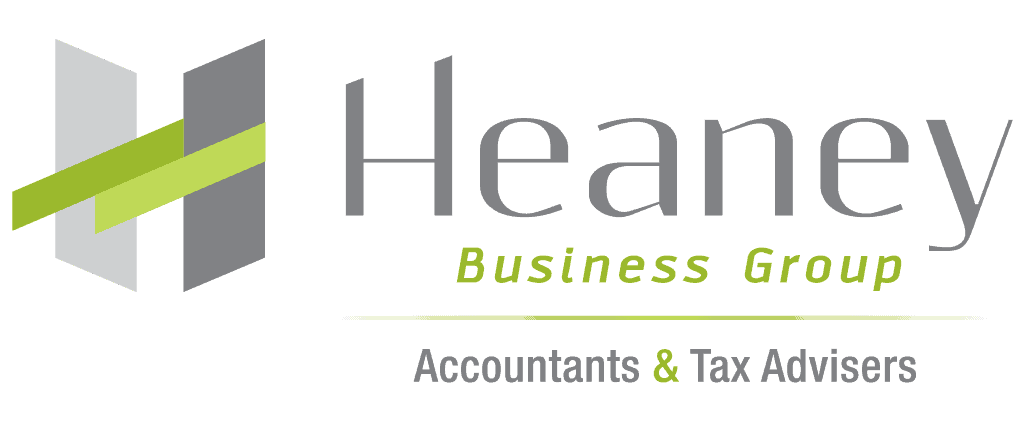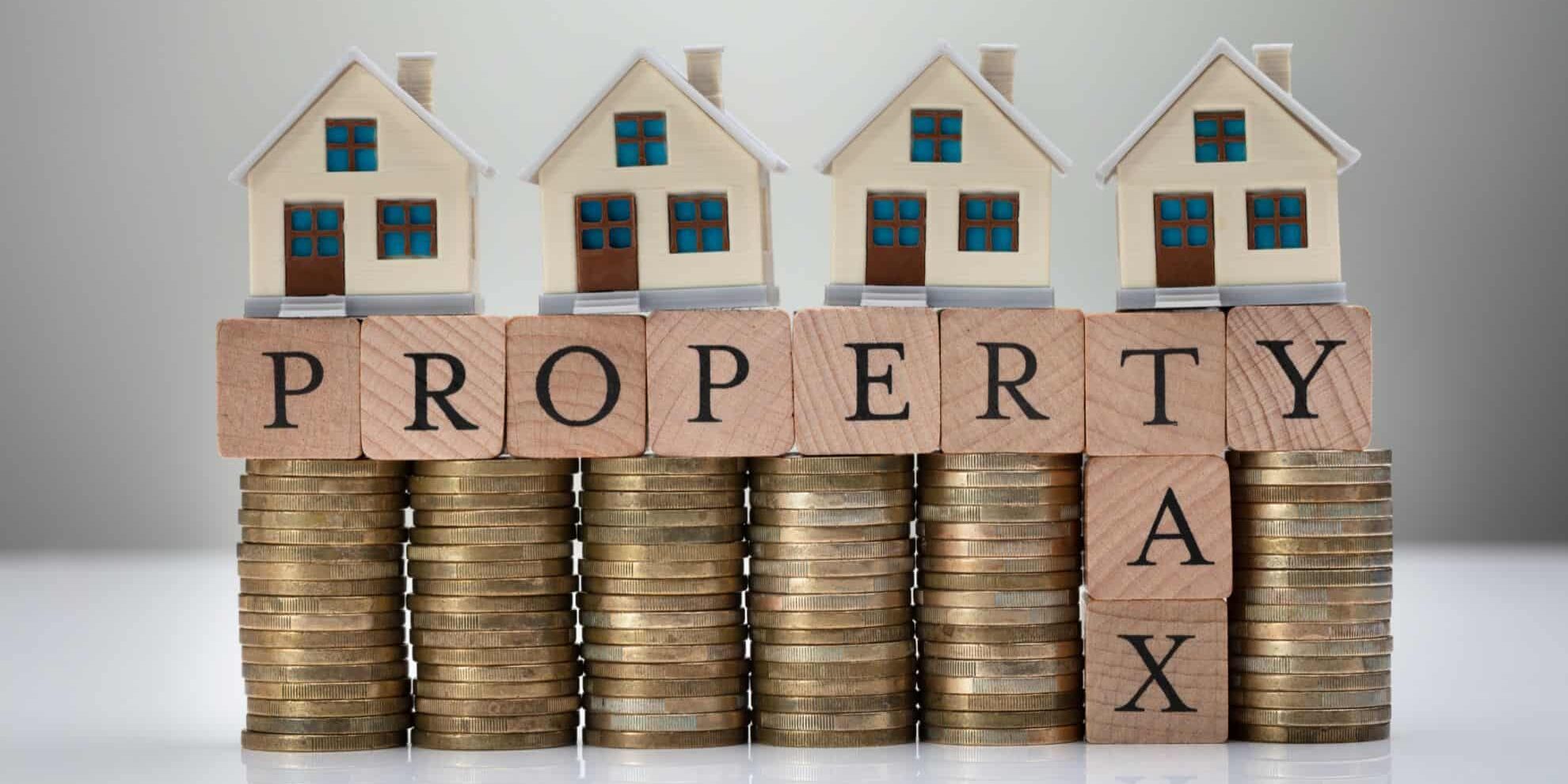Property investors opting for short-term stays or leaving their properties vacant are now under increased regulatory scrutiny
The Victorian Government’s recent Housing Statement introducing Australia’s inaugural short-stay property tax. Scheduled to come into effect from January 1, 2025, this tax, known as the Short Stay Levy, is expected to generate over $70 million annually, set at 7.5% of short stay accommodation platforms’ revenue. A few days in Melbourne at $850 will cost an additional $63.75, totaling $913.75.
The statement reveals over 36,000 short stay accommodation places, with nearly half situated in regional Victoria, including over 29,000 entire homes. Despite Airbnb’s ANZ Country Manager Susan Wheeldon stating that short-term rentals in Victoria make up less than one percent of the total housing stock, property investors anticipate potential similar taxes at the local government or state level.
Victorian investment property owners are already facing a temporary land tax surcharge and an increased absentee owner surcharge rate, rising from 2% to 4%. This adjustment includes a reduction in the tax-free threshold from $300,000 to $50,000 for non-trust absentee owners. Some local government taxes on Airbnb-style accommodations will be removed with the new tax.
Certain councils, like the Brisbane City Council, impose surcharges on short stay accommodation, with a 50% rate surcharge in their 2022-23 Budget, increasing to 65% in 2023-24.
What happens overseas?
Internationally, bed taxes are common, but the Victorian Government’s isolation of one form of tourist accommodation is unusual. The 7.5% rate is also higher than many local taxes, although California’s Transient Occupancy Tax reaches up to 15% depending on the region.
Globally, taxing vacant and short-term accommodation is not new. British Columbia’s Underused Housing Tax, a 1% tax on the ownership of vacant or underused housing, introduced from January 2022, increased rental stock by up to 20,000 properties.
New York adopted strict rules in September 2023, requiring hosts to register if offering accommodation for less than 30 consecutive days. Hosts must permanently reside in the property, and entire properties are no longer available, allowing only two guests. Similar restrictions exist in Amsterdam, Paris, and San Francisco, limiting the number of days an entire residence can be listed.
In Byron Bay, the Council will limit non-hosted holiday letting to 60 days per year for most of the Shire from September 23, 2024.
But do restrictions on Airbnb create rental stock?
According to Professor Nicole Gurran, from the University of Sydney’s School of Architecture, Design and Planning, if Australia is serious about controlling short-term rentals to solve Australia’s long-term rental crisis, then more needs to be done.
“In comparison to much of the international regulation of the short-term rental market, Australia is very “light touch”. The overarching aim is to encourage the tourism economy.
While this might have been appropriate five years ago when the rental market was in better shape, and long-term housing demand focused on inner city areas, the current crisis demands a new approach. Regulations must be tailored to the conditions of local housing markets, rather than the one-size-fits-all approach that exists today,” Professor Gurran says.
In a 2017 study, Professor Gurran and Professor Peter Phibbs found that, Airbnb absorbed 7% of stock in one Sydney municipality.
So, where is all this going? Governments are unlikely not to take advantage of the opportunity to share in what has become a lucrative short-term rental market. What that looks like will really depend on the States and Territories. Beyond revenue, further regulation is likely to ensure that private gain from short-term rentals is not at the expense of supply of long-term accommodation.
Thinking about buying an investment property? Give us a call so we can ensure you structure your investment in the best way to minimise tax and maximise returns whilst still protecting your assets.

